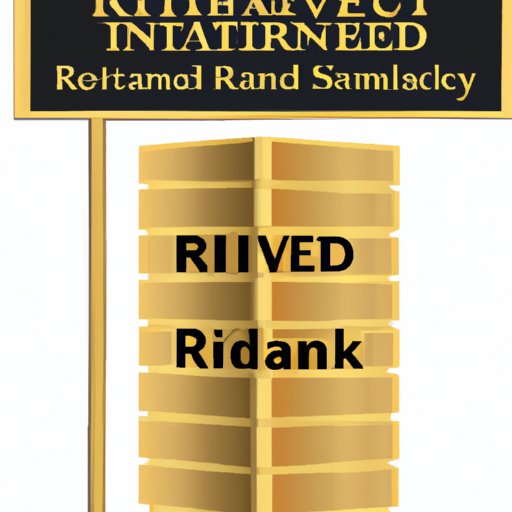Introduction
When it comes to investing, there is no one-size-fits-all answer to what is the best investment. The best investment for you depends on a variety of factors, including your risk tolerance, time horizon, and knowledge of the markets. In order to make an informed decision about what is the best investment for you, it is important to understand the different types of investments available and the strategies that can be employed.

Examining Different Types of Investments
There are many different types of investments available. Stocks and bonds are two of the most common types of investments. Stocks represent ownership in a company, and bonds are loans made to companies or governments. Mutual funds are collections of stocks and bonds that are managed by a professional investor. Exchange-traded funds (ETFs) are similar to mutual funds, but they are traded on exchanges like stocks. Real estate can also be an attractive investment option, as it provides income in the form of rental payments and has potential for appreciation. Commodities such as gold, silver, and oil can also be bought and sold as investments. Cryptocurrencies such as Bitcoin have also become popular investments in recent years.
Analyzing the Economic Landscape
In order to make informed decisions about investing, it is important to understand the economic landscape. Interest rates, inflation, and market volatility all have an impact on the performance of investments. When interest rates are low, stocks tend to perform better because borrowing costs for companies are lower. On the other hand, high inflation can reduce the purchasing power of investors’ money, making stocks less attractive. Market volatility is also important to consider, as it can cause prices to fluctuate dramatically.
Comparing Returns from Different Investment Products
When comparing returns from different investment products, it is important to consider diversification, risk tolerance, and time horizon. Diversification is the practice of spreading investments across multiple asset classes in order to reduce risk. Risk tolerance is the amount of risk an investor is willing to take on. A longer time horizon allows for more time for investments to grow and compound their returns.
Exploring Tax Implications
Taxes can have a significant impact on investments. Capital gains taxes are imposed on profits from the sale of investments. Depending on the type of investment, there may also be deductions available to offset some of the taxes due. It is important to understand the tax implications of investments before making any decisions.

Understanding Risk and Reward in Investing
It is important to understand the risk/reward ratio of investments. Generally speaking, higher-risk investments have the potential for greater rewards, but also carry greater risks. Asset allocation is another important consideration, as it refers to the mix of different asset classes in an investment portfolio. Proper asset allocation helps to reduce risk while still providing opportunities for growth.
Investigating New Investment Opportunities
Technology has opened the door to new types of investments, such as technology-based investing, impact investing, and social investing. Technology-based investing involves investing in companies that utilize cutting-edge technologies, such as artificial intelligence and blockchain. Impact investing focuses on investments that generate positive social or environmental impacts. Social investing is similar to impact investing, but with a focus on investments that benefit society, such as affordable housing projects.
Conclusion
In conclusion, there is no single “best” investment. The best investment for you depends on a variety of factors, including your risk tolerance, time horizon, and knowledge of the markets. It is important to understand the different types of investments available, the strategies that can be employed, and the tax implications of investments. Understanding the risk/reward ratio and asset allocation can also help you make informed decisions about investing. Finally, new investment opportunities such as technology-based investing, impact investing, and social investing are worth exploring.
(Note: Is this article not meeting your expectations? Do you have knowledge or insights to share? Unlock new opportunities and expand your reach by joining our authors team. Click Registration to join us and share your expertise with our readers.)
